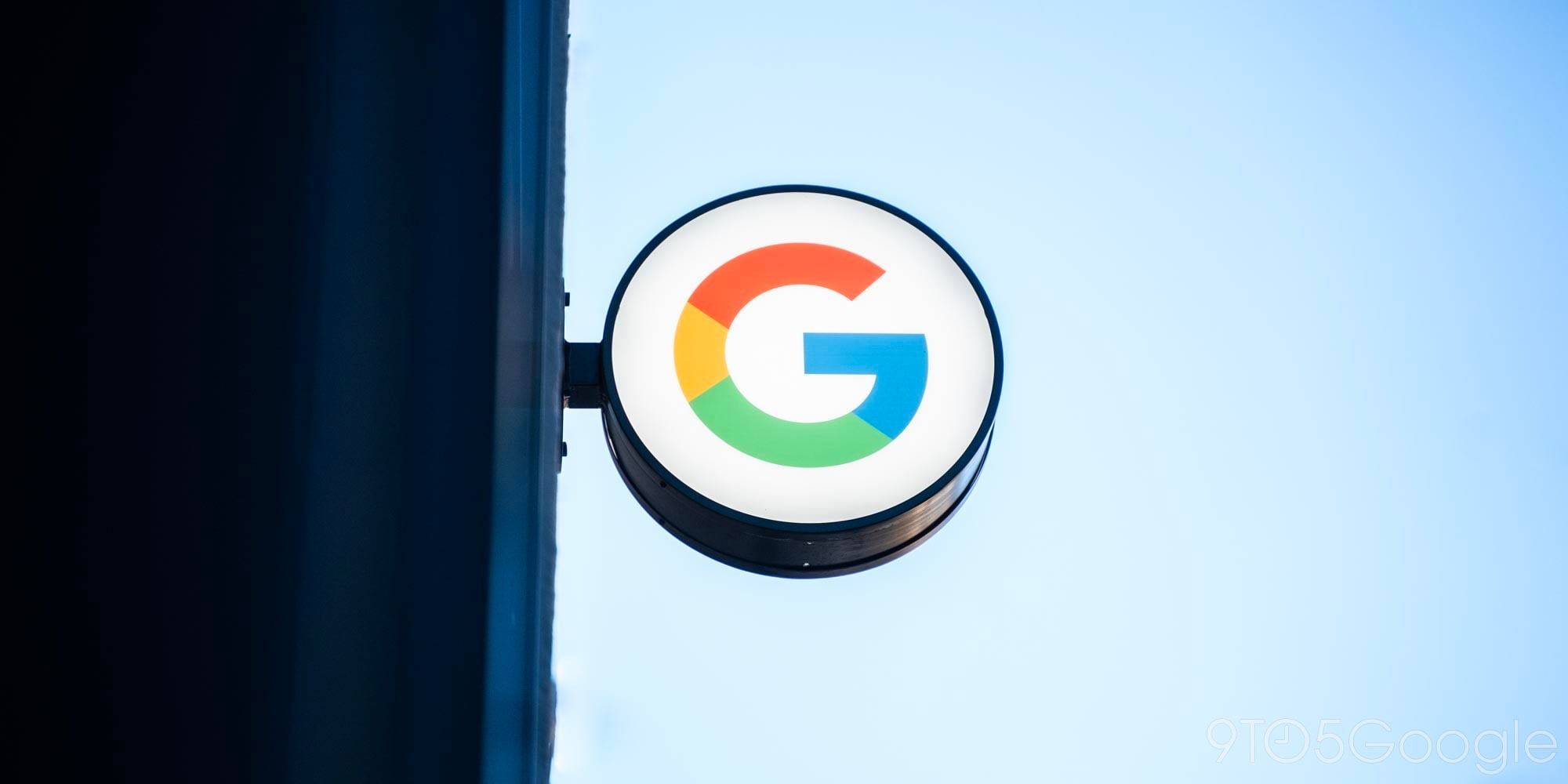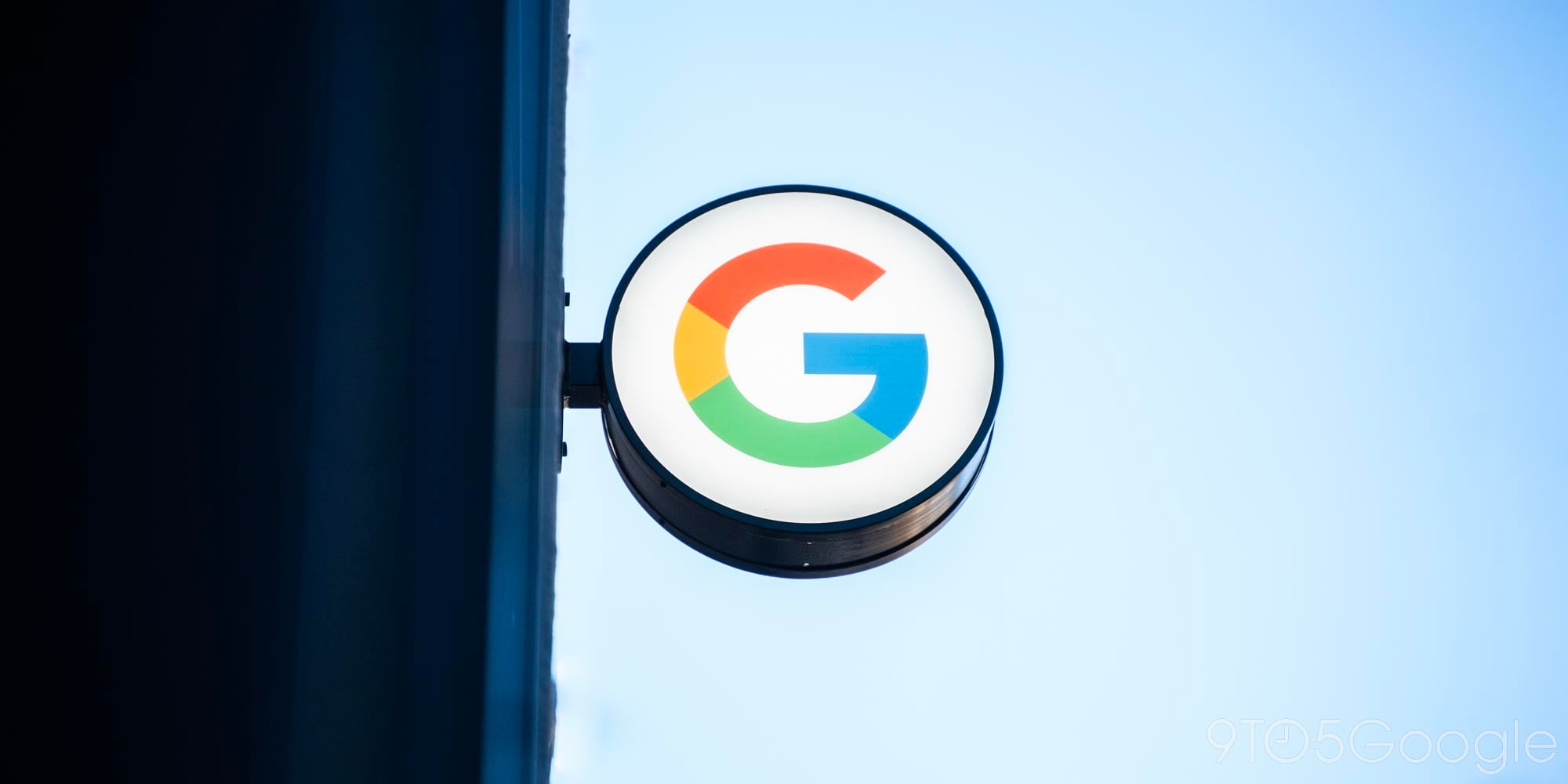
In addition to Google Tasks becoming a core service and the general availability of App Maker, G Suite today is letting administrators keep tabs on desktop devices accessing corporate apps and other data with a new “Endpoint Verification” feature.
This “lightweight and easy solution” can list desktop and laptop devices accessing corporate enterprise data. Available as a new Endpoint Verification report in the Admin console, administrators can dig deeper and view whether a device is compliant to established corporate policies, as well as user details including name and email address.
A Policy Profile section notes the management level, sync dates, whether a password is set, and encryption status. Meanwhile, Device Properties includes the device ID, serial number, type, and OS version.
On Chrome OS, Endpoint Verification just requires the installation of a Chrome extension, while a native helper application is also needed on Apple’s macOS and Microsoft (Windows 7 and later). The required apps and extensions can be deployed centrally or individually by users. Meanwhile, end users will have to agree to Endpoint Verification before that device shows up in admin reports.
This feature is rolling out to all G Suite Editions in the coming weeks and compliments existing mobile device monitoring capabilities.
Check out 9to5Google on YouTube for more news:
FTC: We use income earning auto affiliate links. More.


Comments